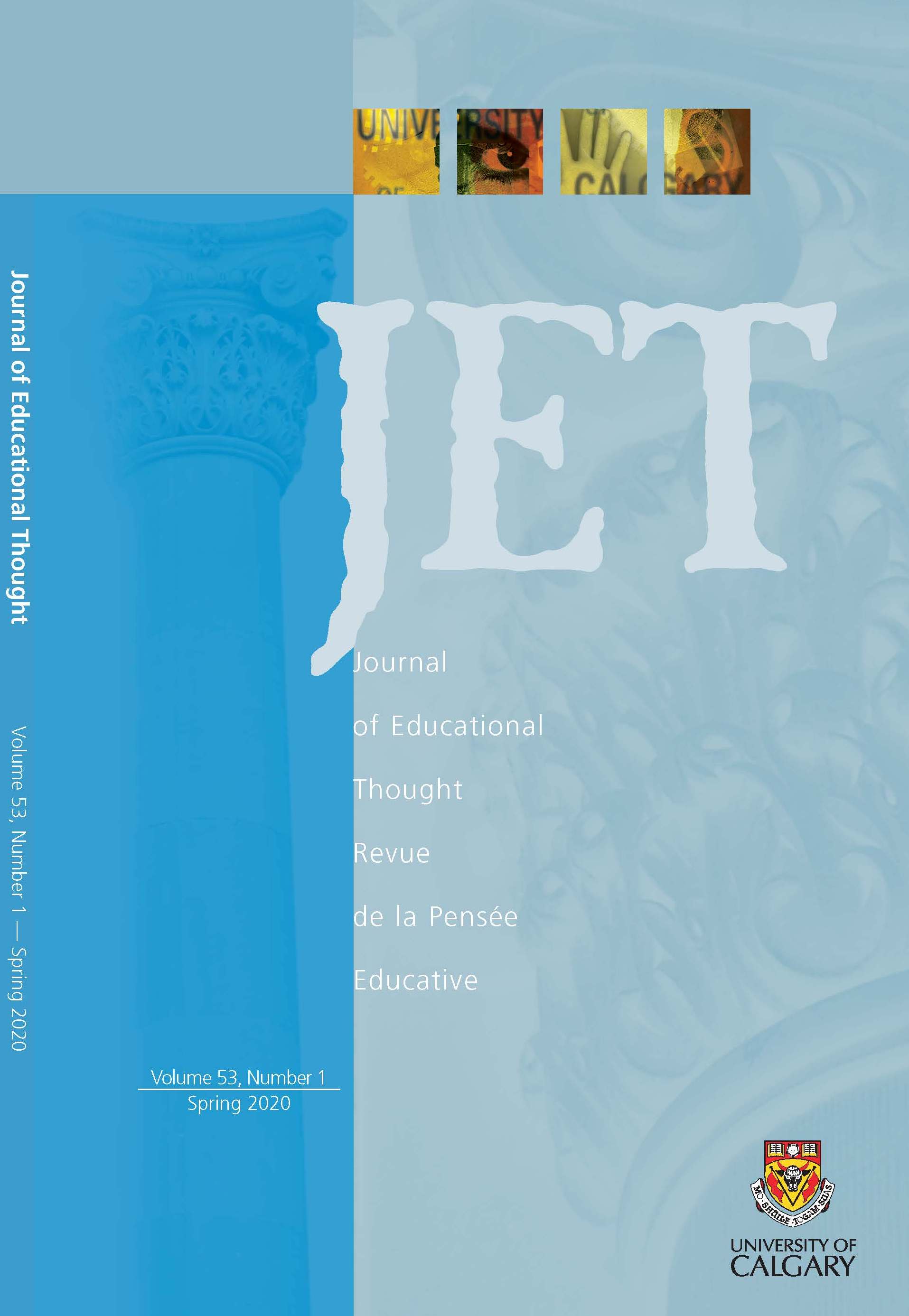Coping with Crisis: The Mental Health and Selfcare of Crisis Leaders in Higher Education
DOI:
https://doi.org/10.55016/ojs/jet.v53i1.71096Abstract
Increasing levels of human-made crises in postsecondary institutions require that educational leaders constantly respond to and manage the impact of these crises. These leaders provide direction and take critical decisions. They are sometimes exposed to the traumas associated with crisis response, especially, when responding to suicides, murders, and school shootings. This paper employed a qualitative study to explore the mental health and self-care strategies utilized by postsecondary leaders during and after crises response. Semi-structured interviews were conducted with nine postsecondary leaders. Findings from the study revealed that postsecondary leaders were not always as skilled or attentive to taking care of themselves. Without proper self-care and mental health, postsecondary leaders could be susceptible to emotional triggers that could activate depression, fear, mental health concerns, and sadness. Establishing protocols for personalized self-care and mental health care could prepare educational crisis leaders to deal with the next crisis they will most likely face.
Downloads
Published
Issue
Section
License
The Journal of Educational Thought retains first publication rights for all articles. The Journal grants reproduction rights for noncommercial educational purposes with the provision that full acknowledgement of the work’s source be noted on each copy. The Journal will redirect to the appropriate authors any inquiries for further commercial publication of individual articles. All authors wishing to publish in JET will be asked to fill in and sign a Consent to Publish and Transfer of Copyright agreement.
Authors must affirm that any submission to JET has not been and will not be published or submitted elsewhere while under considration by JET.

